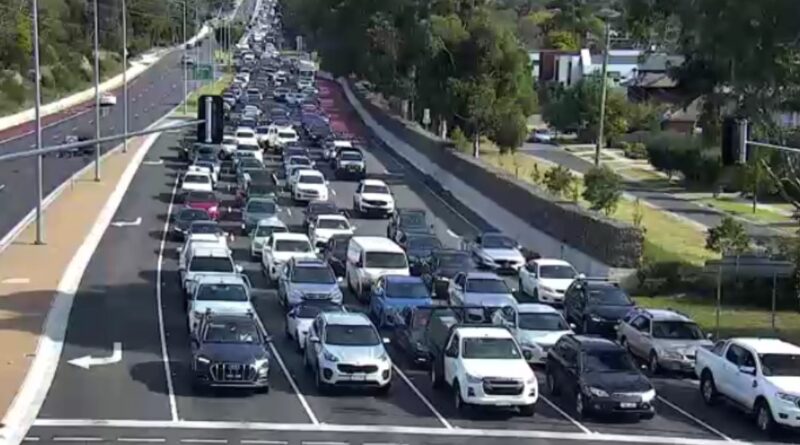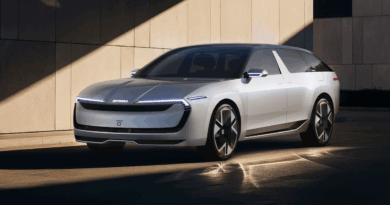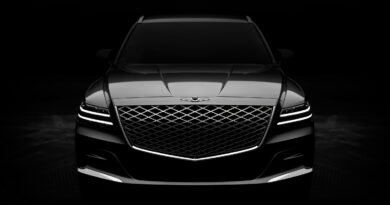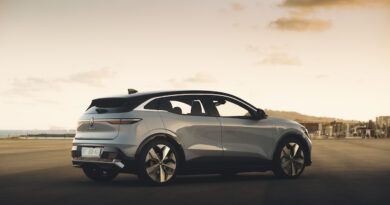Why it’s time to drop the fuel excise and make petrol 56c/litre cheaper | Opinion
Forget 25 cents a litre off fuel, as Peter Dutton has promised for a short-term sugar hit if he wins this week’s federal election.
It’s time to ditch fuel excise altogether and make petrol cheaper.
The sales pitch to voters is easy: something like 56 cents a litre off the price of fuel (excise currently adds 50.8 cents per litre but then has GST applied on top).
READ MORE: Vic government sued in High Court over EV tax
READ MORE: Why Peter Dutton is determined to make EVs more expensive
READ MORE: Coalition plan to axe NVES penalties based on outdated research
The benefits are multi-faceted, from diluting some of the EV angst to ensuring all motorists pay their fair share.
Of course, the billions in lost revenue (last financial year it reaped almost $16 billion) would have to be replaced, which is where a road user charge comes in.
And I’m not talking about a road user charge just for EVs – as some states and territories clumsily proposed a couple of years ago – but one that includes all road users. From diesel and petrol to hybrid and electric, make it the same whatever makes the car move.
Win-win
Sure, it’s controversial for EV owners – and our own Stephen Corby is probably hurling expletives as he’s reading this – but at some point electric cars need to pay their way.
When should that be? Ask 10 people and you’ll get 10 different answer.
I’d argue the sooner the better.
Not that such a radical change is anything new. A road user charge was first officially flagged in the Henry Tax Review of 2009.
Back then the recommendations for our future tax system said: “Revenue from fuel tax imposed for general government purposes should be replaced over time with revenue from more efficient broad-based taxes.” (Note that it points out that fuel excise goes into consolidated revenue).
Unsurprisingly, nothing has been done…
A road user charge of, say, 2.5 cents per kilometre – as proposed by some states – would add a few hundred bucks a year to the running costs of an EV.
Even if you doubled the charge it would be similar to what a mid-sized SUV pays in fuel excise today.
Given the potential savings elsewhere for EV drivers with fuel and servicing, the average electric car driver would be well ahead of an internal combustion engine vehicle.
But wait, there’s more!
Imagine a tax system that encouraged people to drive outside the main peaks and even incentivised people to take the road less travelled.
Having a road user charge would allow different rates depending on the time of day or where someone is driving.
Want to make motoring cheaper in the outer suburbs or in rural areas? No problem. You could even utilise real-time traffic data to encourage people onto different roads.
Want to encourage some to travel before 7am or after 7pm? A road user charge makes it possible.
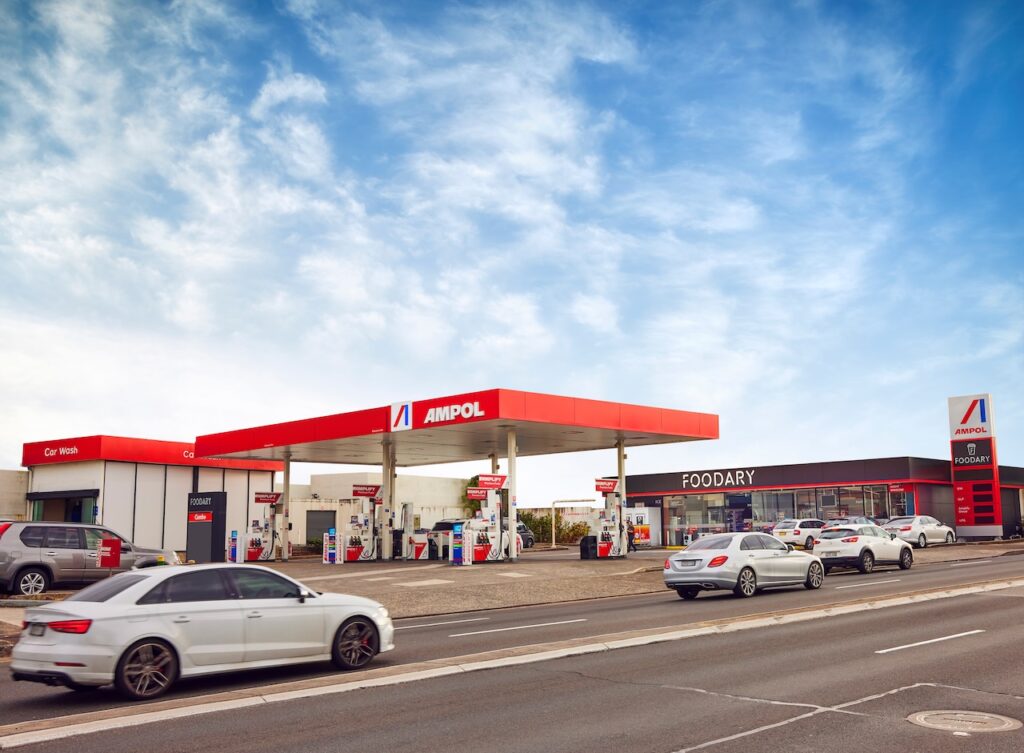
Get the tech right to implement it and it can even ensure those travelling on private property – including mining companies and primary producers – pay nothing, or at the very least a lower rate.
Evening things up
A road user charge should silence some of the (often ludicrous) EV hatred that rockets around the interweb.
If EVs start paying their way, it’s one less thing for the fossil fuel devotees to whinge about.
It would also add some equality to the inequality that’s been swirling around the car industry for decades.
Consider hybrids. Hybrid cars currently pay about half the road tax of equivalent non-hybrids because they use about half the fuel (curiously no one has blown up about that).
But a road user charge would have to account for different vehicles and the wear and tear they do on the roads.
That happens now because heavier, more powerful vehicles typically use more fuel, so pay more in fuel excise.
Perhaps a road user charge could be linked to weight, size or performance – or a combination of the three. I’ll leave that detail to the tax boffins.
Whatever the cost, it needs to be equal to or less than what people are paying now. It’d make the sales pitch so much easier.
Why hasn’t a road user charge been implemented?
Of course, all of this would require vision, big decisions and clear communication to the public as to what’s happening and why.
At least one of those (often more) typically trips up our pollies, who are often more intent on headlines and photo opportunities than genuine reform.
It’s time we start applying pressure to lay the foundation for a fairer tax system that treats everyone equally – EV drivers included.
It’s been almost 16 years since that tax review suggested a road user charge.
Changes to the car industry suggest it’s inevitable.
So instead of the often ill-thought-out political point scoring let’s see some real leadership and introduce a road user charge – for everyone.

